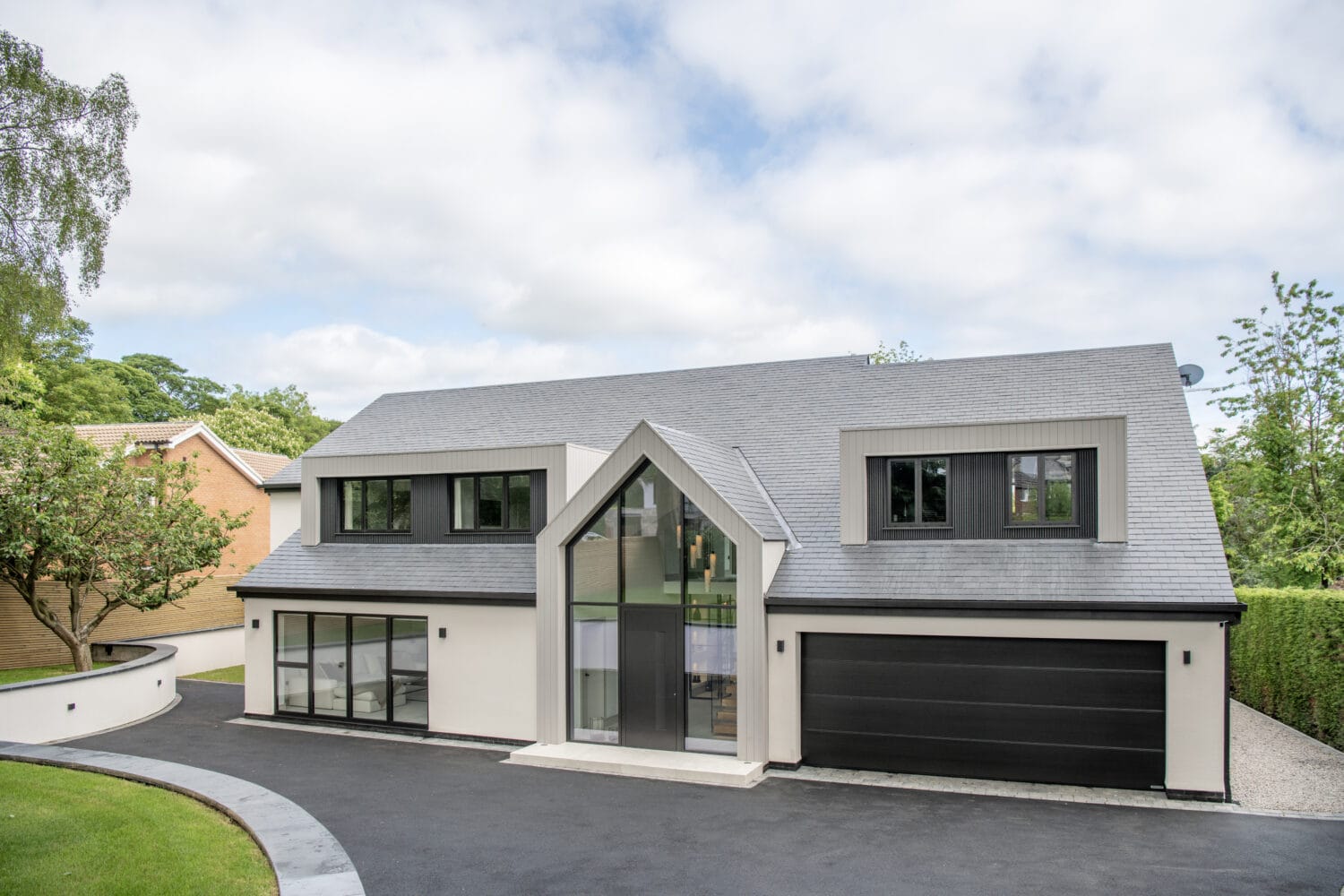In recent years, the construction and renovation industry has witnessed a significant shift towards the use of aluminium windows, a trend that is reshaping the architectural landscape of homes and commercial buildings alike. As homeowners seek durable, energy-efficient, and aesthetically pleasing options for their properties, aluminium windows have emerged as a popular choice, offering a myriad of benefits that cater to modern needs.

Aluminium windows are renowned for their strength and durability. Unlike traditional materials such as wood, which can warp, crack, or rot over time, aluminium is resistant to the elements, making it an ideal choice for regions with extreme weather conditions. This resilience means that homeowners can enjoy their windows for many years with minimal maintenance. Additionally, aluminium frames can be powder-coated or anodized, which further enhances their longevity and resistance to corrosion.

One of the most appealing aspects of aluminium windows is their energy efficiency. With rising energy costs and growing environmental concerns, homeowners are increasingly prioritizing energy-efficient solutions. Aluminium windows can be fitted with thermal breaks, which significantly reduce heat transfer and improve insulation. This feature helps maintain a comfortable indoor temperature, reducing the reliance on heating and cooling systems, and ultimately leading to lower energy bills. According to recent studies, homes fitted with high-quality aluminium windows can save up to 30% on energy costs compared to those with traditional window materials.
Aesthetically, aluminium windows offer a sleek and modern look that complements a wide range of architectural styles. Their slim frames provide a contemporary appearance while maximizing the amount of natural light that enters a space. This is particularly advantageous for urban dwellers who often seek to create bright, airy interiors. Furthermore, Website https://www.healthstaffdiscounts.co.uk/biz/a/134219-Ideal-Glass aluminium windows are available in a variety of colors and finishes, allowing homeowners to customize their windows to match their personal style and the overall design of their property.
The versatility of aluminium windows extends beyond aesthetics. They can be manufactured in various styles, including casement, sliding, and bi-fold designs, catering to diverse preferences and functional requirements. For instance, bi-fold aluminium doors have gained popularity for their ability to create seamless transitions between indoor and outdoor spaces, perfect for entertaining or enjoying outdoor views. This adaptability makes aluminium windows suitable for both residential and commercial applications, from high-rise buildings to cozy homes.
Another significant advantage of aluminium windows is their low maintenance requirements. Unlike wood, which requires regular painting and sealing to protect against the elements, aluminium frames need only occasional cleaning to maintain their appearance. This ease of maintenance is especially appealing to busy homeowners and property managers who want to minimize upkeep while maximizing aesthetics and functionality.
The environmental impact of building materials is becoming an increasingly important consideration for many homeowners. Aluminium is a highly recyclable material, and its production has become more sustainable over the years. Many manufacturers now source recycled aluminium, which reduces the demand for new raw materials and minimizes waste. Additionally, the durability of aluminium windows means they have a longer lifespan compared to other materials, further reducing their environmental footprint over time.
However, the transition to aluminium windows is not without its challenges. One of the primary concerns for homeowners is the initial cost. While aluminium windows can be more expensive upfront compared to traditional materials like vinyl or wood, many experts argue that the long-term savings on energy bills, maintenance, and replacement costs make them a worthwhile investment. Additionally, the increasing popularity of aluminium windows has led to a rise in competition among manufacturers, which is gradually driving prices down.
Another consideration is the thermal conductivity of aluminium. While thermal breaks can mitigate heat transfer, some homeowners may still be concerned about the potential for condensation on the interior surfaces of the windows. To address this, it is essential for homeowners to work with reputable manufacturers and installers who can ensure proper insulation and installation techniques.
As the demand for aluminium windows continues to grow, the industry is evolving to meet the needs of consumers. Innovations in design and technology are making aluminium windows more efficient and attractive than ever. For instance, advancements in glazing technology have led to the development of triple-glazed windows, which offer superior insulation and soundproofing capabilities. This is particularly beneficial for homeowners living in noisy urban environments.
In conclusion, aluminium windows represent a modern solution for homeowners looking to enhance the aesthetics, energy efficiency, and durability of their properties. With their strength, low maintenance requirements, and eco-friendly attributes, aluminium windows are well-positioned to become the standard in both residential and commercial construction. As consumers become more informed about the benefits of aluminium windows, it is likely that this trend will continue to gain momentum, shaping the future of architecture and design for years to come. Homeowners considering a renovation or new construction project would do well to explore the advantages of aluminium windows as they seek to create spaces that are not only beautiful but also sustainable and efficient.








